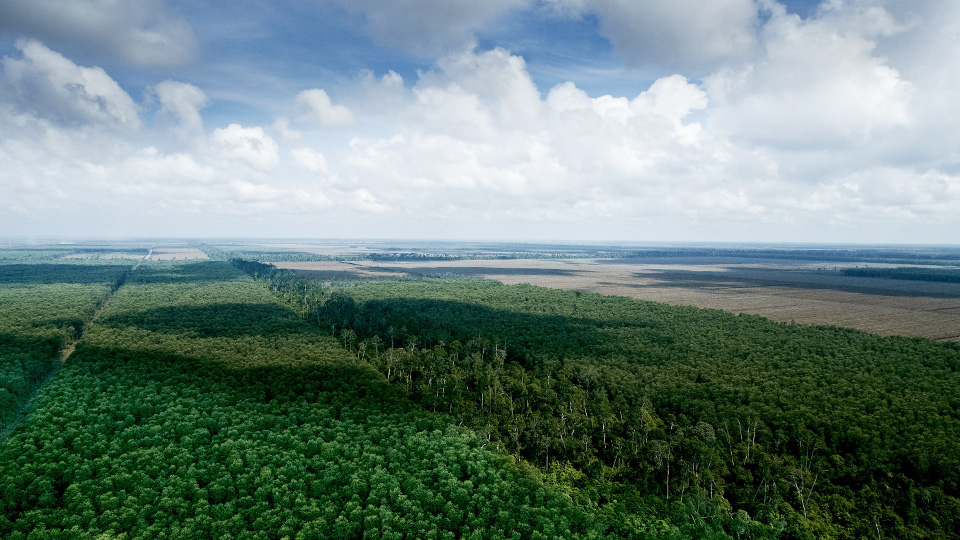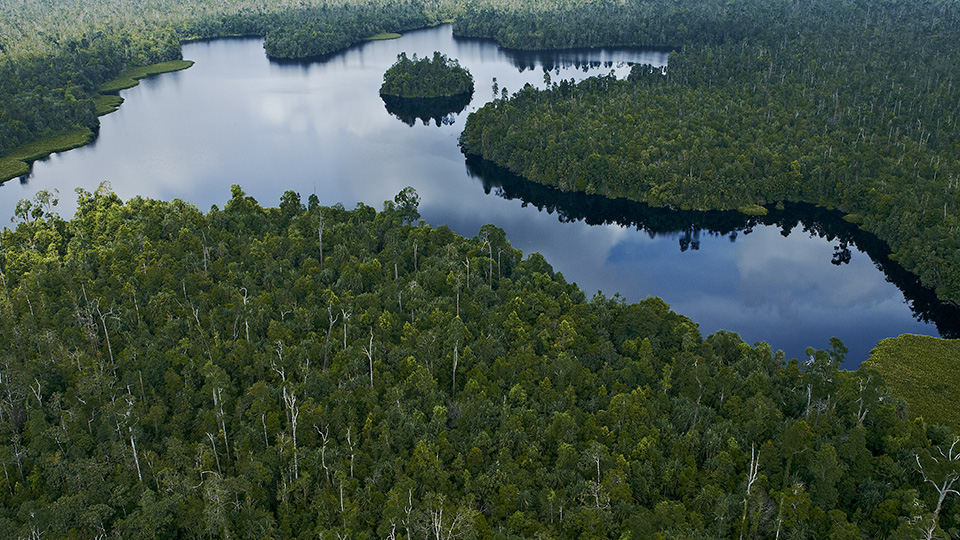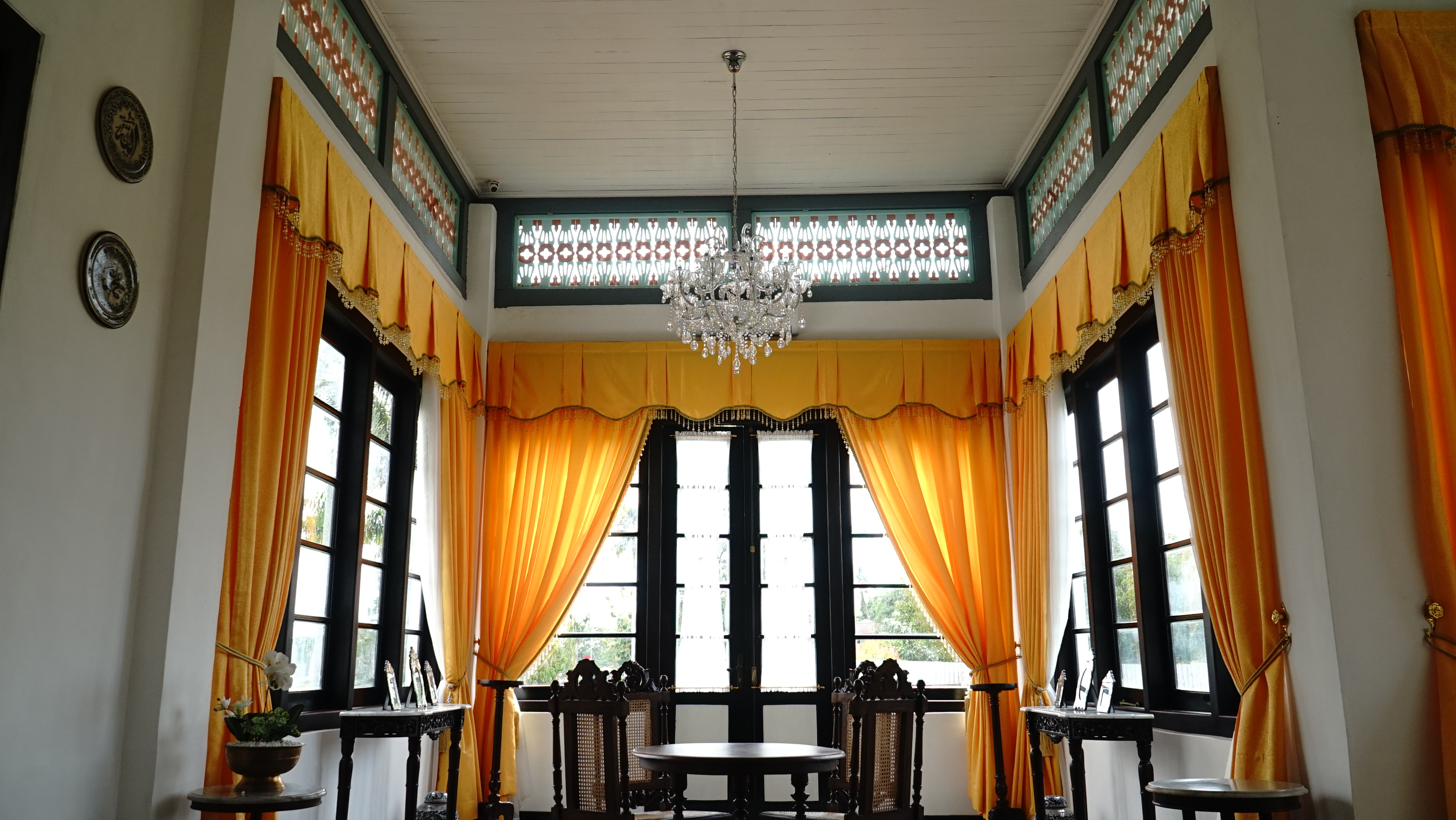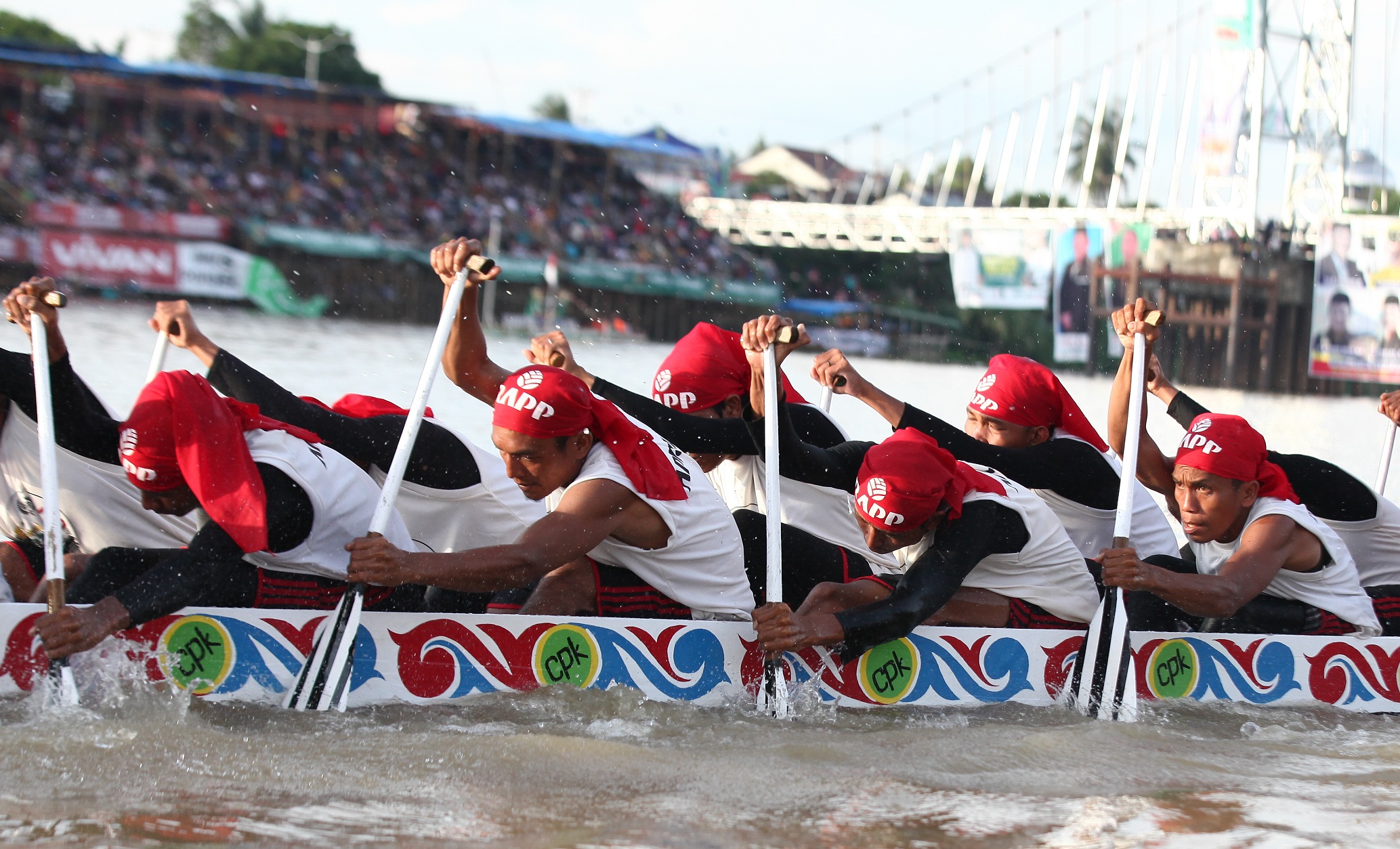- Details
Recognized as the center of Malay culture in Indonesia, Riau is preserving its cultural heritage via sustainable tourism programs.
Its situation in the central-eastern coast of Sumatra and located along the Malacca Strait has given Riau an advantage. For centuries, merchants and traders have visited Riau. Kingdoms and sultanates flourished amid its rich and diverse landscapes. Its rich history also gives way to a highly diverse population, with communities tied to several ethnic groups: Malays, Javanese, Chinese, Minangkabau, Batak, Buginese, and Banjarese identify themselves as Orang Riau. These priceless cultural assets are the heritage of Riau, and efforts in preserving them have been underway in recent years, especially the revitalization of Malay culture as the province’s identity.
As the world's largest archipelagic nation, whose unity depends on how it values diversity, the various ethnic backgrounds that make up the country's population and culture are essential elements that determine Indonesia's survival. The story of Indonesia's independence celebrates diversity amid adversity. Among the government's chief responsibilities is its commitment to preserving the people's varied customs and traditions.
The Malay legacy of Riau is an identity that needs to be celebrated through its architecture, literature, history, tradition, cuisine, and many more.
- Details
Here is how paper has the potential to contribute to a sustainable future.
Paper is an inseparable part of our lives. From the box that contains our breakfast cereal to the documents we print for work, paper is widely used in all aspects of our day. There are many types of paper available in the market today, which we'll get into shortly. But first, let's talk about the global demand for eco-friendly paper amid rising awareness of sustainability. What is eco-friendly paper?
We understand that paper is made from wood pulp, and that pulp originates from freshly cut trees. However, contrary to popular belief, with the appropriate management and guidelines, wood is a truly renewable and sustainable resource.
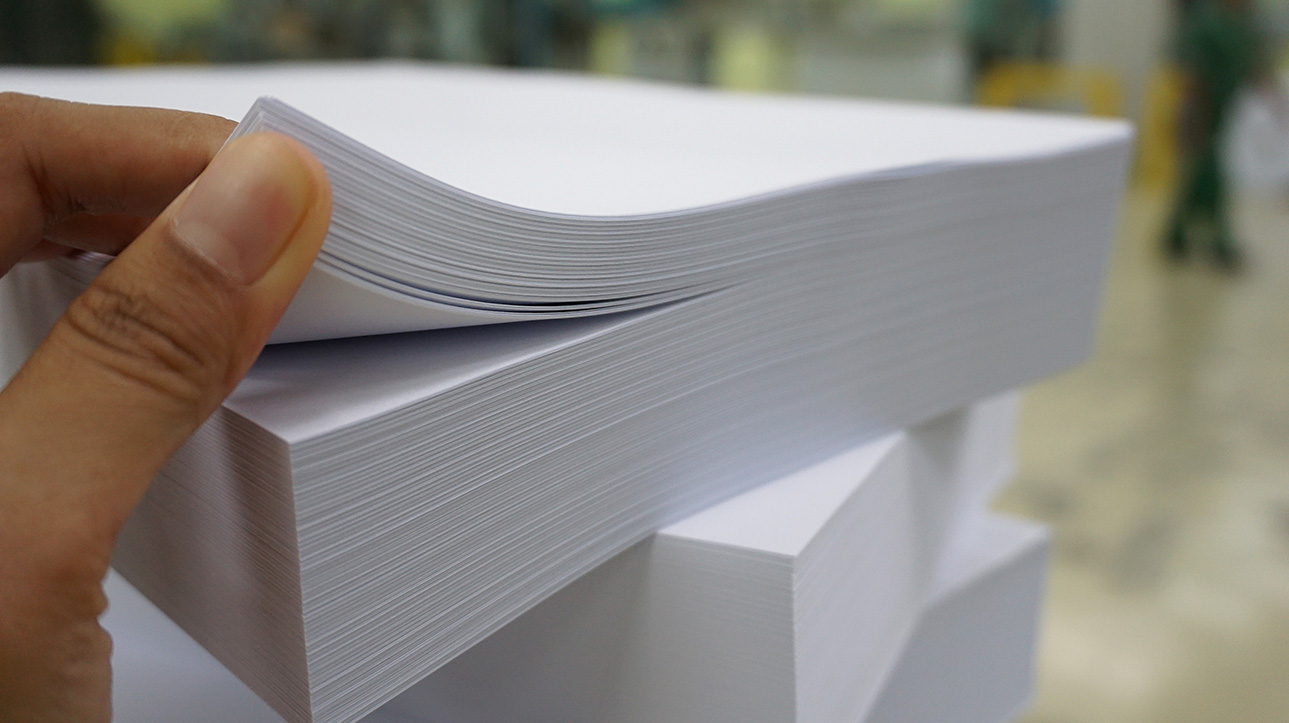
Paper is an inseparable part of our lives
Producing paper sustainably means it requires all producers to adhere to specific guidelines that allows their natural resources to be well-managed and protected. Through innovative solutions, such as tree replanting and area mapping, it is possible to ensure that responsible wood, pulp and paper production contributes to healthy growing forests.
- Details
When it comes to the fight for women's equality in Indonesia, the name Raden Ajeng Kartini always comes to mind. Her thoughts and struggles in the past have inspired modern women in Indonesia to fight stereotypes and discrimination in all areas of life, including the workplace.
Nowadays, women can be seen in a range of high profile leadership positions. Sri Mulyani Indrawati, for example, was named as the first female Minister of Finance in Indonesia’s history, and won the best Minister of Finance in the world title last year for her outstanding fiscal management during the current pandemic. Similarly, Najwa Shihab, has become arguably one of Indonesia’s most respected female journalists today.
At a global level, Kamala Harris has made history as the first woman and woman of color to become the US Vice President. Prime Minister Jacinda Ardern of New Zealand has been praised globally for her leadership in in managing the Covid-19 pandemic in her country.
Despite these positive role models, progress towards gender equality is far from complete. Based on last year’s Statistics Indonesia (BPS) data, there is an imbalance in the Labor Force Participation Rate (TPAK) in Indonesia - 53.13% for women and 82.41% for men.
According to research done by McKnsey in 2018, Indonesia can add $135 billion to its annual gross domestic product by 2025 if the country can improve gender equality in the workplace by 56%.
There are still many cases where women are forced to leave work due to the requirements of parenting. In addition, women in Indonesia earn less on average per month than men as the gender pay gap still stands at nearly 23%.
Celebrated every April 21, Kartini Day is a moment for us to think how we much further can we go to challenge inequality.
To address the issue of inequality and in alignment with its commitment to be an equal opportunity employer, APRIL is promoting equal opportunities and participation for its female employees. Moreover, as a company that supports the United Nations Sustainable Development Goals (SDGs), APRIL seeks to ensure full and effective participation of women employees.
In the next section, you will find three female leaders at APRIL, E-commerce & Marketing Manager Patricia Dharmawan, Corporate Legal Manager Astiyanty, and Talent Acquisition Margareta Herawan, sharing their passion and insights on how to challenge the stigma and barriers women face in the workplace.

Read more: Celebrating Kartini’s Day: Revisiting Gender Equality Challenges
- Details
The pandemic has severely disrupted global tourism. It's time to embrace sustainable tourism development.
When the world went into lockdown in March 2020, some of the most striking images shared on social media were those of empty airport lounges and unused planes idly parked under bright blue skies. According to the United Nations World Tourism Organization (UNWTO), international tourist arrivals dropped around 74 percent in 2020 from the previous year, which peaked at 1.5 billion. In effect, the world's fastest-growing economic sector was put to a halt by covid-19. For many developing countries in the Asia-Pacific region, where tourism is a major source of income, the impact has been devastating.
Perhaps no other island in Indonesia is more prominent than Bali when it comes to global tourism. In 2020, Bali witnessed an 85 percent drop in visitors. Hotels, restaurants, and attractions were forced to shut their doors. With the tourism sector representing 80 percent of the island’s economy, residents struggled to make ends meet. Many ex-hotel workers went back to their villages, tilling their land for agriculture or going back to seaweed farming. Then, the question arises: Has Bali become unsustainable?
Read more: Transforming Tourism: For A Sustainable and Resilient Future


